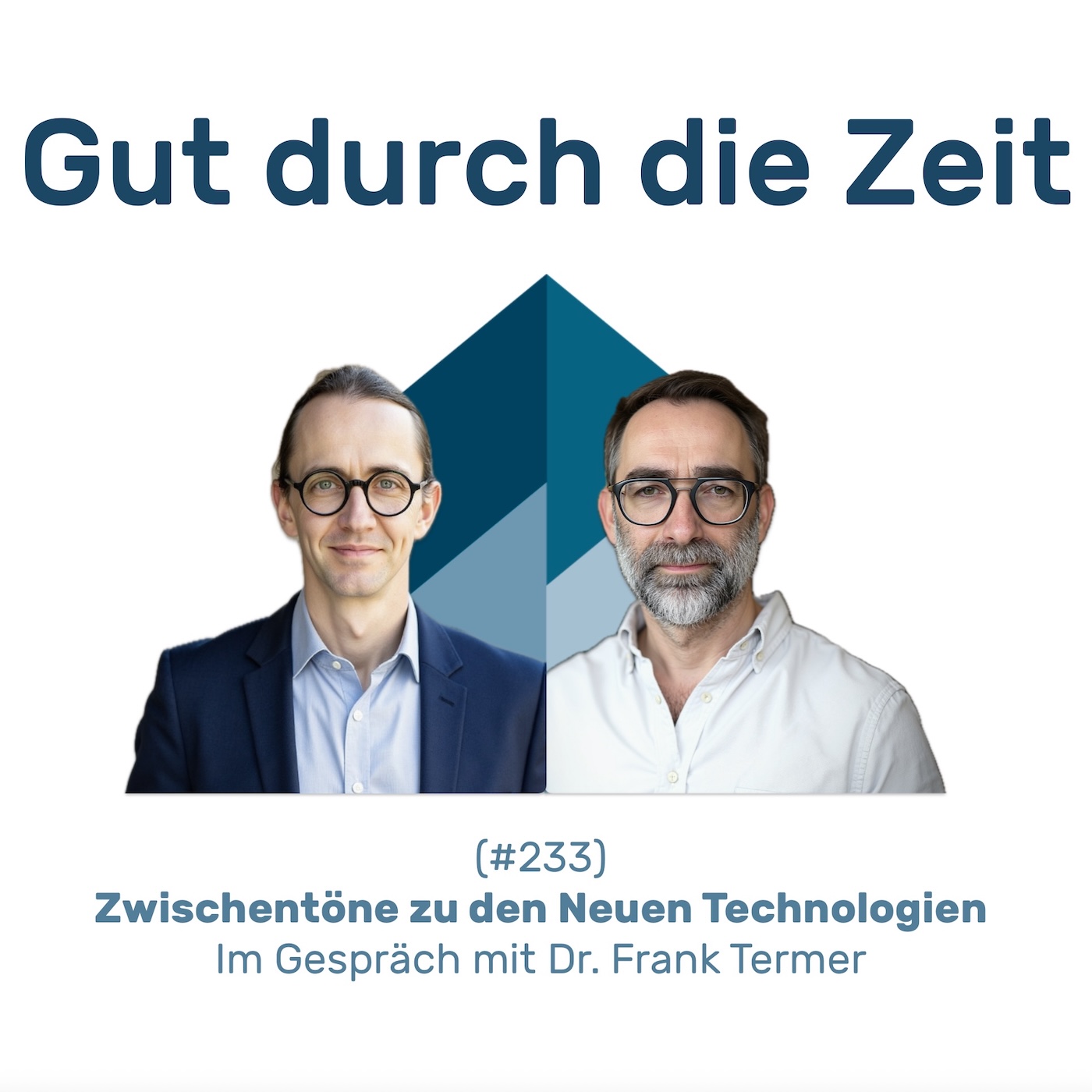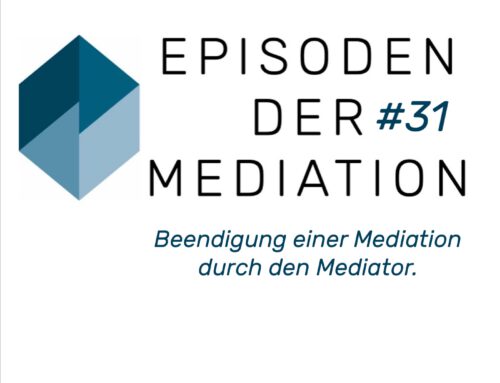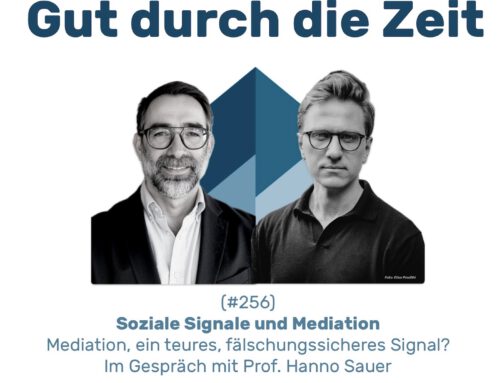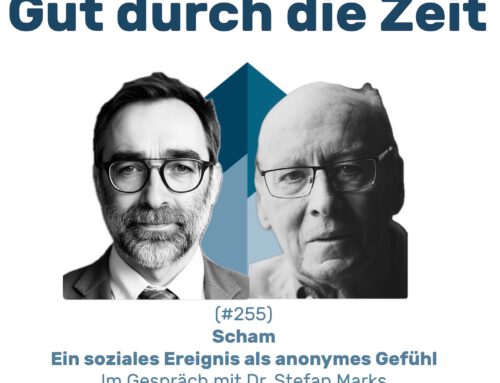INKOVEMA Podcast „Well through time“
#233 GddZ
Nuances of the new technologies
Where do we consultants stand with regard to ChatGPT&Co.
In conversation with Dr Frank Termer
Doctorate in business informatics; mediator and conflict moderator; expert for difficult conversations in the digital transformation, association officer (BITKOM) until 2025
Small series: New technologies for mediation, coaching and counselling
Contents
Chapter:
0:26 New technologies and their challenges
23:02 Johnny Ives and the future of AI
25:17 Practical applications of AI in counselling
Summary of content
In this episode, we look at the latest developments in new technologies, particularly with regard to AI, mediation and coaching. I have the pleasure of speaking with Frank Termer, who gives us an insight into his perspectives and experiences. As we discuss the challenges of integrating new technologies into the way we work, it becomes clear that despite the advances in technology, many existing problems remain.
Frank discusses his relationship with generative AI applications and how he uses them in his consultancy work. He produces a "toolbox" of tools that help him to manage administrative tasks and optimise his services. He emphasises that ongoing developments in AI technology, such as the update to the GPT-5 model, are not only improving in quality, but also increasing the efficiency of their application.
We look at the different applications of AI in the consulting world and how these tools can be used in communication and office organisation. Of particular interest is Frank's insight into the developments in technologies such as Anthropic's Claude, which focus on creating customised applications that can support the advisory process. We reflect on how the AI market is diversifying and requires a specialised approach to best exploit the benefits of technology.
In addition, we discuss how the role of advisors is being impacted in this changing environment and what strategies established advisors are pursuing to remain relevant. While some are reluctant to digitise their methods, others see the opportunity to use AI as a valuable tool to enhance their advisory offerings. We also pick up on the need to integrate the technologies into training programmes and the importance of maintaining basic consulting skills while learning about new tools.
Finally, we take a look at future developments in technology and draw parallels between the innovations we are seeing in AI technology and changes in other areas. Looking ahead to upcoming episodes, we consider which experts and practitioners we can invite to share their experiences of using AI in counselling and mediation. In the fast-paced world of technology, it is imperative to stay current and continuously learn in order to succeed in tomorrow's professional landscape.





Leave A Comment